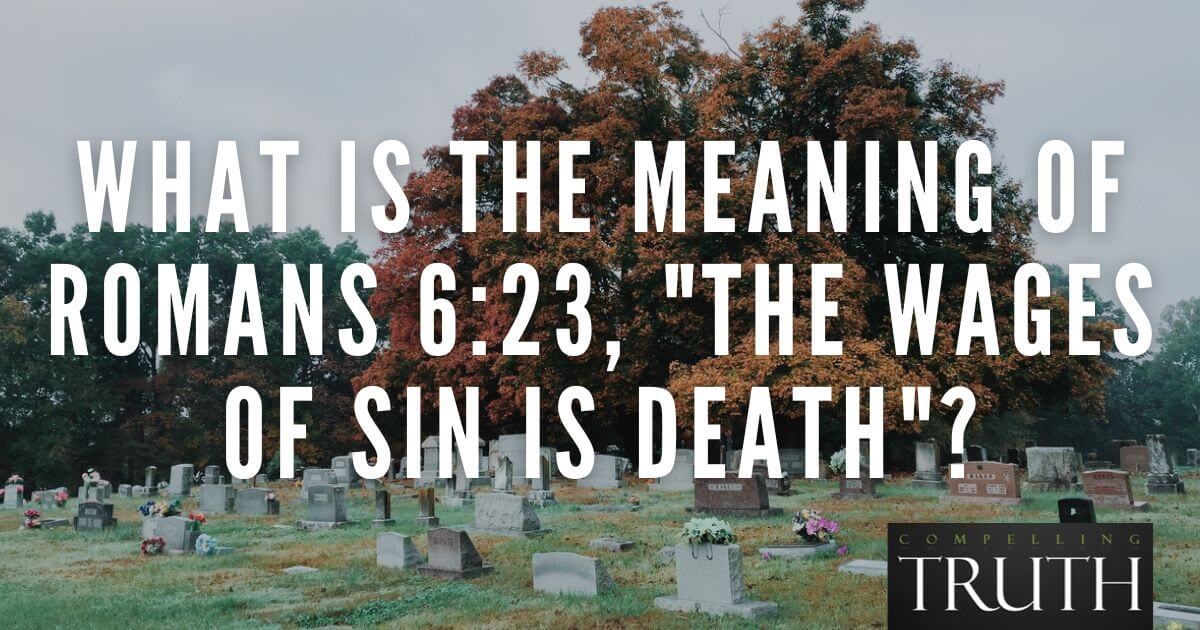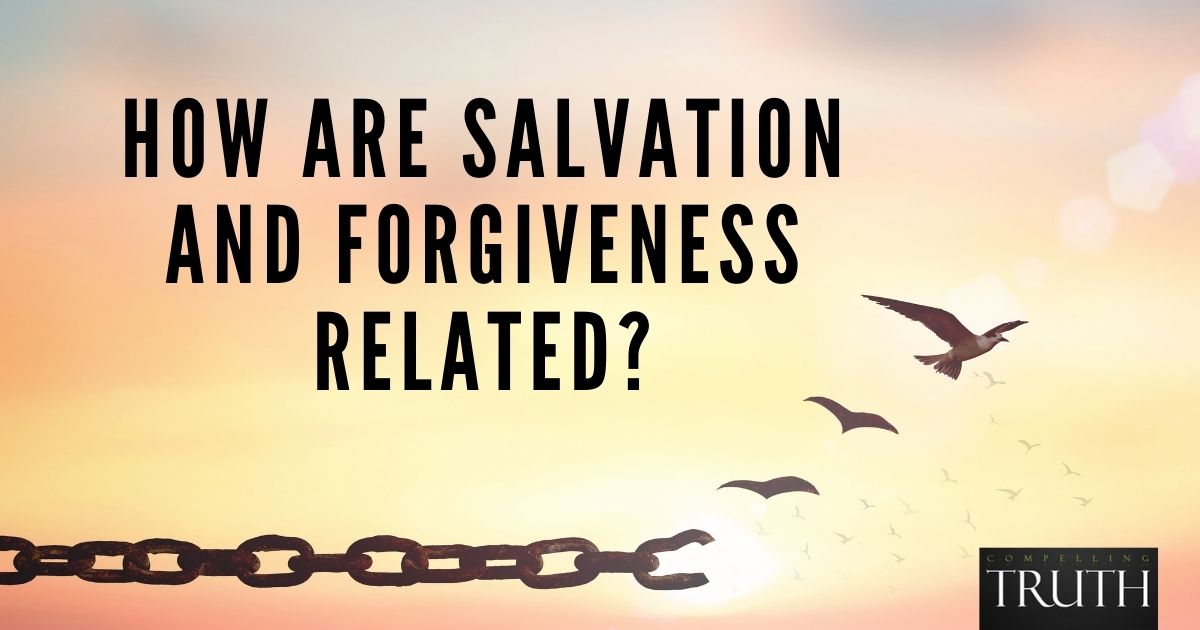Throughout the Bible, God uses metaphors to teach us His ways. The concept of having our sins washed away means that we have been cleansed of our sins and stand free and clear in God's sight. This metaphor is used frequently throughout both the Old and New Testaments. Physical bathing washes away dirt; when we are spiritually bathed, our sins are washed away from us and we are forgiven.
The Law given in the Old Testament had very specific instructions on many things, including sacrifices, proper clothing, and ceremonial bathing (Exodus 30:20; Numbers 19:21; Joel 1:13). These strict laws served to showcase the unholiness of mankind versus the holiness of God. The book of Isaiah commands those living in rebellion against God to "wash yourselves; make yourselves clean; remove the evil of your deeds from before my eyes; cease to do evil" (Isaiah 1:16). In a prayer of repentance after committing adultery with Bathsheba (2 Samuel 11), David cried out to God to be washed and cleansed of his sin (Psalm 51:7). It is clear to see that sin is portrayed as something that makes us unclean and those who are dirty or unclean are not allowed to enter the presence of God.
In the New Testament, Jesus references spiritual cleansing through water while talking to Nicodemus (John 3:5). Generally, references to washing sins away in the New Testament have to do with being water baptized. Water baptism is symbolic of the spiritual cleansing we receive in Christ. Paul was instructed by Ananias to "be baptized and wash away your sins, calling on his name" (Acts 22:16). No matter how many good deeds any of us do or what our social status is, we are still sin-covered, in need of a Savior who can cleanse us of the guilt of our own sins.
We are all born as sinful beings in need of salvation and cleansing of our sins (Romans 3:23). It's the blood of Jesus Christ that washes our sins away (1 John 1:7; 1 Peter 1:18–21). Under the old covenant, Old Testament Law, it used to be the blood of animal sacrifices that offered people a temporary pardon from sins. In the new covenant instituted through Jesus' death and resurrection, the blood of Jesus Christ, the Son of God, offers us a pardon for sins that lasts forever (Hebrews 9:13–14).
At the moment we confess our faith in Jesus and His sacrifice, we are filled with the Holy Spirt and God cleanses us, pronouncing us clean in His sight (Titus 2:14; 3:5). What happens to our sins upon this confession of faith? God washes them away, placing the weight of our sins on Jesus and cleansing us with the blood of Jesus instead. We may still struggle with sin in our lives, but when we place our trust in Jesus we become in right standing with God (Colossians 2:14; 2 Corinthians 5:21; 1 John 1:9; 2:1). He graciously removes our transgressions from us and chooses to forget them: "as far as the east is from the west, so far does he remove our transgressions from us" (Psalm 103:12).
When we call upon Jesus and put our faith in Him, we are saved and become adopted as sons and daughters of God: "I will be a father to you, and you shall be sons and daughters to me, says the Lord Almighty" (2 Corinthians 6:18; see also Acts 2:21; John 1:12; Galatians 3:26; Romans 8:15–17). As time passes, we grow to know and love Him more and more; we become in fellowship with other Christians and we grow in our practice of the righteousness that God has already bestowed upon us (2 Peter 3:18; 1 John 3:3). One of the greatest joys of being a Christian is the knowledge that even though we are imperfect, our sins have been washed away forever by the blood of Jesus Christ and we have been pardoned by God (Genesis 18:25; Romans 8:33; 2 Corinthians 5:21).
The Law given in the Old Testament had very specific instructions on many things, including sacrifices, proper clothing, and ceremonial bathing (Exodus 30:20; Numbers 19:21; Joel 1:13). These strict laws served to showcase the unholiness of mankind versus the holiness of God. The book of Isaiah commands those living in rebellion against God to "wash yourselves; make yourselves clean; remove the evil of your deeds from before my eyes; cease to do evil" (Isaiah 1:16). In a prayer of repentance after committing adultery with Bathsheba (2 Samuel 11), David cried out to God to be washed and cleansed of his sin (Psalm 51:7). It is clear to see that sin is portrayed as something that makes us unclean and those who are dirty or unclean are not allowed to enter the presence of God.
In the New Testament, Jesus references spiritual cleansing through water while talking to Nicodemus (John 3:5). Generally, references to washing sins away in the New Testament have to do with being water baptized. Water baptism is symbolic of the spiritual cleansing we receive in Christ. Paul was instructed by Ananias to "be baptized and wash away your sins, calling on his name" (Acts 22:16). No matter how many good deeds any of us do or what our social status is, we are still sin-covered, in need of a Savior who can cleanse us of the guilt of our own sins.
We are all born as sinful beings in need of salvation and cleansing of our sins (Romans 3:23). It's the blood of Jesus Christ that washes our sins away (1 John 1:7; 1 Peter 1:18–21). Under the old covenant, Old Testament Law, it used to be the blood of animal sacrifices that offered people a temporary pardon from sins. In the new covenant instituted through Jesus' death and resurrection, the blood of Jesus Christ, the Son of God, offers us a pardon for sins that lasts forever (Hebrews 9:13–14).
At the moment we confess our faith in Jesus and His sacrifice, we are filled with the Holy Spirt and God cleanses us, pronouncing us clean in His sight (Titus 2:14; 3:5). What happens to our sins upon this confession of faith? God washes them away, placing the weight of our sins on Jesus and cleansing us with the blood of Jesus instead. We may still struggle with sin in our lives, but when we place our trust in Jesus we become in right standing with God (Colossians 2:14; 2 Corinthians 5:21; 1 John 1:9; 2:1). He graciously removes our transgressions from us and chooses to forget them: "as far as the east is from the west, so far does he remove our transgressions from us" (Psalm 103:12).
When we call upon Jesus and put our faith in Him, we are saved and become adopted as sons and daughters of God: "I will be a father to you, and you shall be sons and daughters to me, says the Lord Almighty" (2 Corinthians 6:18; see also Acts 2:21; John 1:12; Galatians 3:26; Romans 8:15–17). As time passes, we grow to know and love Him more and more; we become in fellowship with other Christians and we grow in our practice of the righteousness that God has already bestowed upon us (2 Peter 3:18; 1 John 3:3). One of the greatest joys of being a Christian is the knowledge that even though we are imperfect, our sins have been washed away forever by the blood of Jesus Christ and we have been pardoned by God (Genesis 18:25; Romans 8:33; 2 Corinthians 5:21).



